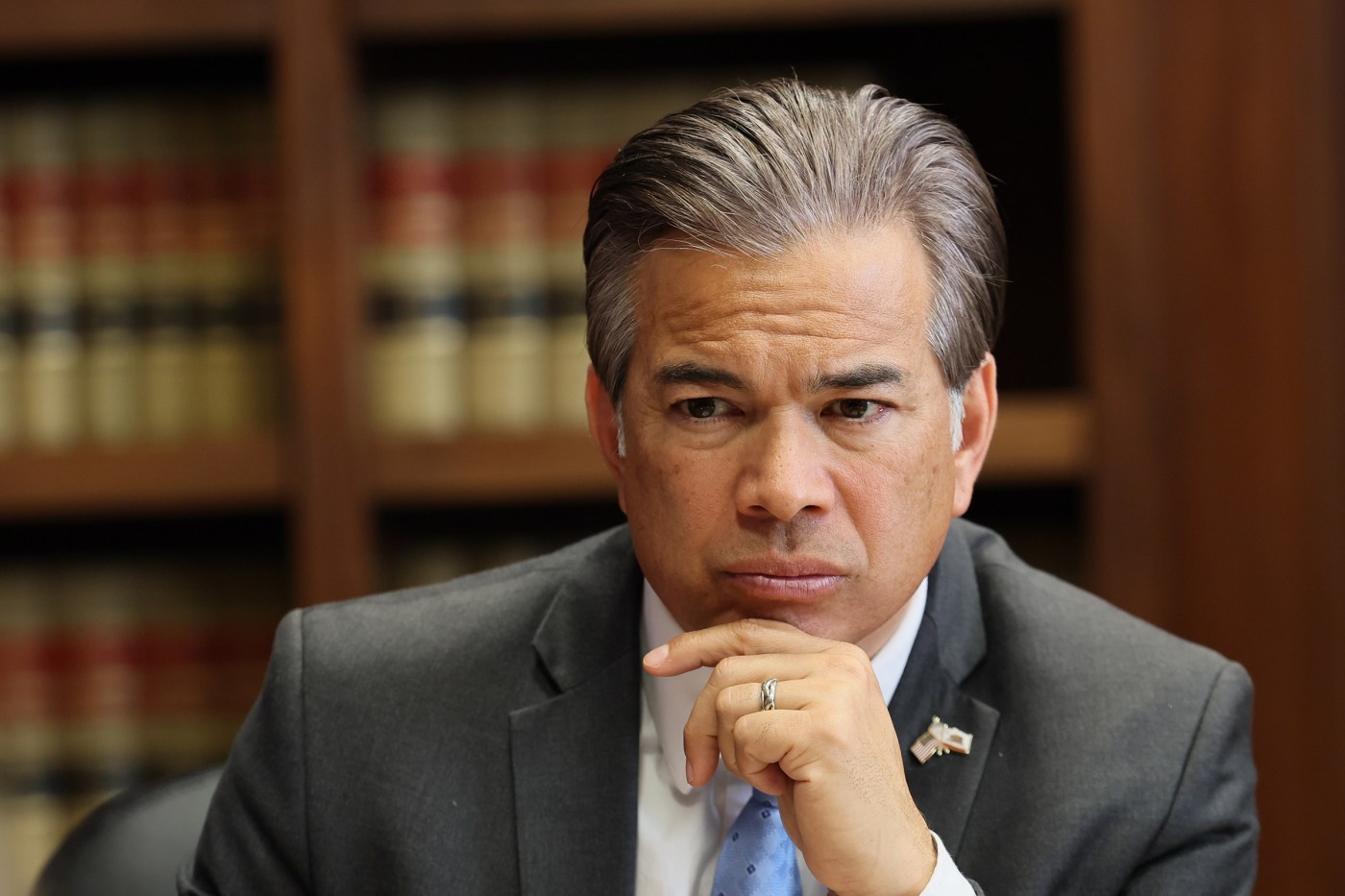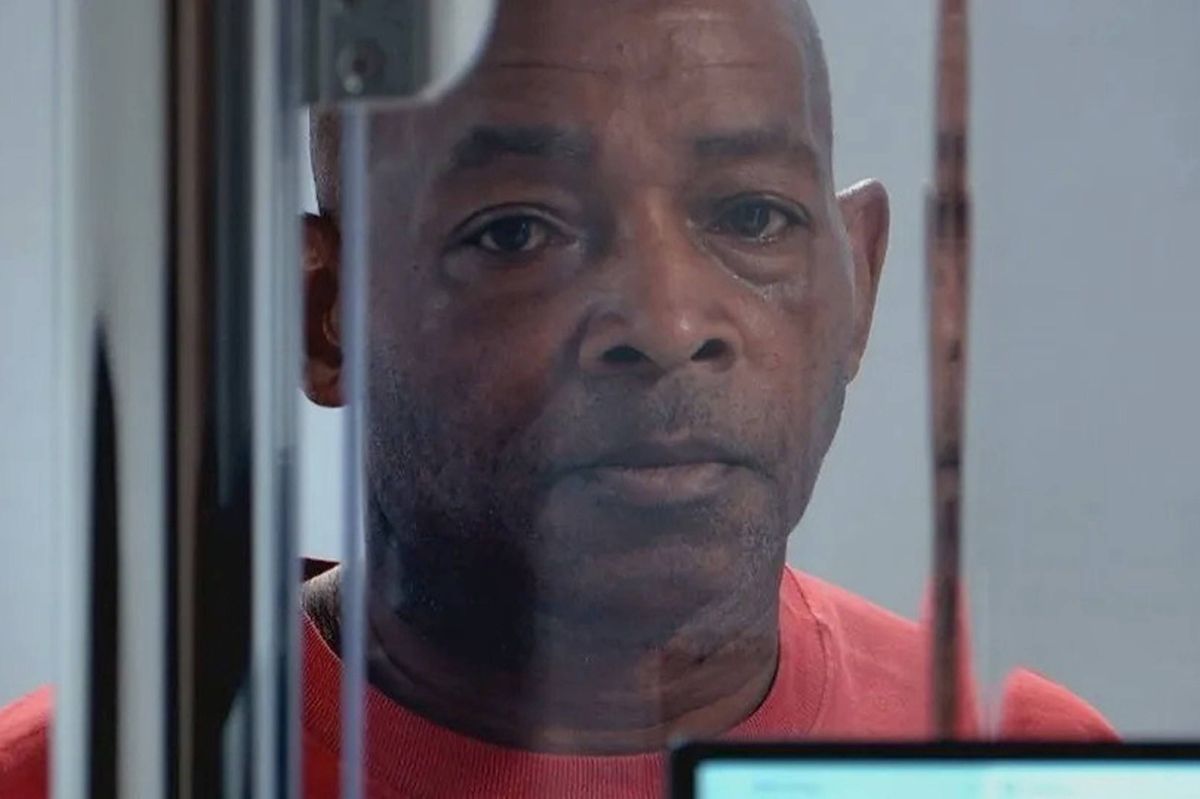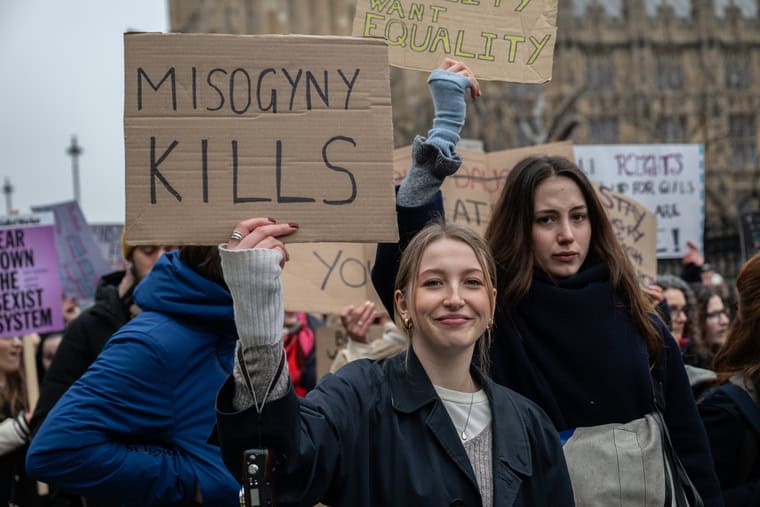California has achieved a temporary court order blocking the Trump administration from terminating approximately $200 million in mental health grant funding aimed at schools and universities across the state. This funding, which benefits numerous institutions including the Santa Clara County Office of Education and California State University East Bay, is vital for ongoing mental health services.
The Mental Health Professional Demonstration Grant Program, initiated in 2018 in response to the tragic shooting at Marjory Stoneman Douglas High School in Parkland, Florida, was designed to enhance mental health support in schools. The subsequent School-Based Mental Health Services Grant Program, established in 2020, is part of a broader initiative that has allocated $1 billion in funding nationwide. This program aims to add 14,000 mental health professionals to schools, particularly in low-income and rural areas.
In April 2023, the U.S. Department of Education informed California and 15 other states that the grant funding would be discontinued by the end of the year. The department claimed that the programs were “not in the best interest of the federal government,” asserting that they conflicted with the Trump administration’s educational priorities and allegedly violated civil rights laws.
In response, a coalition of affected states, including California, filed a lawsuit against the Department of Education, arguing that halting the funding would cause irreparable harm to students. The lawsuit highlighted the risk of leaving numerous rural and low-income schools without essential mental health services critical to student safety and well-being.
The court’s ruling in October 2023 rejected the Department of Education’s attempt to dismiss the case. It effectively prevents the administration from implementing the funding cuts while the lawsuit is ongoing, protecting nearly 50 grantees across the country.
Attorney General Rob Bonta emphasized the importance of the ruling, stating, “The court’s decision requires the Trump Administration’s Department of Education to provide thousands of students in our state a fair shot at accessing crucial mental health services that support their success and well-being.”
Bonta criticized the administration for what he described as “baseless and unlawful excuses” to withdraw funding from essential projects, particularly affecting low-income and rural communities. He expressed optimism that this judicial decision would ensure that the Department of Education adheres to the law in its future mental health grant award decisions.
The outcome of this ongoing litigation remains crucial for the future of mental health services in schools, with many relying on these funds to provide necessary support to students. As the case proceeds, California and its coalition partners continue to advocate for the restoration and protection of mental health funding essential for student welfare.







